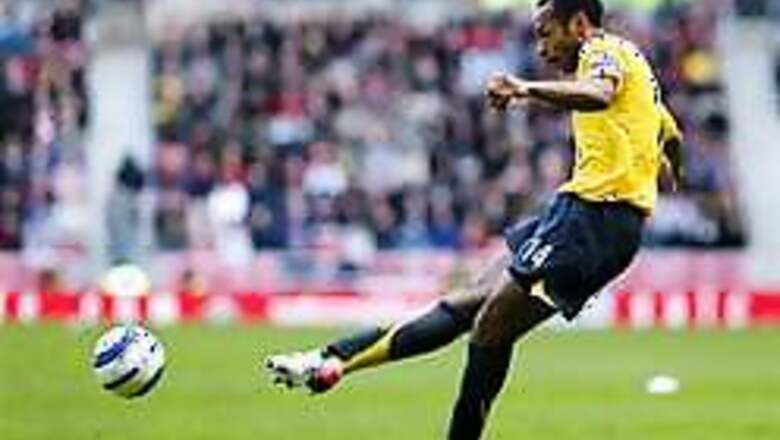
views
Berlin: US midfielder DaMarcus Beasley has heard the ugly words, vicious taunts screamed by fans in the Netherlands simply because he is black.
Cameroon's Samuel Eto'o was so sickened by insults hurled his way that he threatened to walk off the field.
Even Thierry Henry, one of the world's best players and a spokesman for racial tolerance, has been stung by a slur - from Spain's coach, no less.
Soccer has struggled for years to rid itself of racism.
For this World Cup in Germany, which opens on Friday with two matches, the governing body of the world's sport is making harmony a central theme.
"Football, like most sports, is combative - you play to win. But it shouldn't have anything to do with racism or violence," said Federico Addiechi, head of a FIFA division which deals with corporate social responsibility.
"The problem will not disappear in a couple of days in the World Cup, but it's important to highlight the problem when you have such a platform."
German officials who don't want racist thugs to seize that platform have planned extensive security measures following recent attacks on minorities in the country.
FIFA is trying to do its part, making its message of tolerance a theme at matches and highlighting its commitment at a news conference prior to kickoff.
Earlier this year, FIFA president Sepp Blatter could barely hide his disappointment when he said: "It is a shame for football that in the year 2006, you still have racism."
The 32-nation competition attracts fans from all over the globe. Even researchers at the South Pole play an occasional game.
The game has the power to unite, as two first-time World Cup participants show.
Angola's team, the Black Antelopes, helped bring together warring sides during a brutal 27-year civil war.
Ivory Coast's trip to Germany helped restart peace talks between rebels and the government.
That kind of harmony doesn't always extend to fans, whose passionate enthusiasm too often can be tinged with racial hatred.
Hooligans, who don't care who they beat up, get much of the attention, with violence marring both the 1998 World Cup and 2000 European Championship.
But as more black and mixed-race players appear in far-flung European leagues, racism is becoming even more pervasive.
In the last year:
The sport's biggest stars aren't immune.
Spanish fans have taunted and spit at Brazil's Ronaldo, a three-time world player of the year.
And Spain coach Luis Aragones was fined $3,900 after making a racist remark about Henry during an October 2004 meeting with his team.
"You look at FIFA, and you wonder if they're doing enough or if they're doing anything at all," said Beasley, the American star who has been harassed while playing for PSV Eindhoven.
"But, at the same time, I look at it as, what more can they do? Who do you suspend? Do you suspend the team? Do you suspend the club as a whole? Do you suspend that one fan?"
Tough questions, to be sure. World soccer officials are searching for answers.
In March, FIFA toughened its anti-racism rules. Professional clubs will lose three points for a first offense - whether by a fan, player or team official - and six points for a second.
Additional violations can bring disqualification from tournaments and even demotion to a lower division.
At the World Cup, teams could be penalized points for remarks by players and coaches.
Though Blatter initially said teams would be held responsible for their fans' behavior, he backed off for fear spectators would use the penalties to punish the opposition.
FIFA will send its message in other ways.
A "Football Against Racism" logo will cover each field's center circle until just before kickoff.
Before each quarter-final game, team captains will read a "declaration against racism" over the public address system, and photos of teams and referees holding the Football Against Racism flag will be shown.
"Since the beginning of the preparations, this was an important issue," said Horst Schmidt, vice president of the German organizing committee.
Schmidt said he didn't believe that a recent rash of trouble in Germany was related to the World Cup.
In one day two weeks ago, there were three separate attacks on people of foreign descent, with some of the thugs singing the German national anthem and shouting fascist slogans.
Overall, reports of race-related attacks in Germany rose nearly 25 percent between 2004 and 2005, from 776 to 958 incidents.
Last month, a former government spokesman went so far as to suggest that minorities not visit specific cities where there has been repeated trouble.
"It's a mixed picture, really," said Piara Powar, director of Kick It Out, a London-based organization devoted to fighting racism in soccer.
"I think here in England we've done some great work and the message has got through. In other parts of Europe, there are similar good stories," he said.
"But in other parts, I'm afraid it's a far more pessimistic picture."










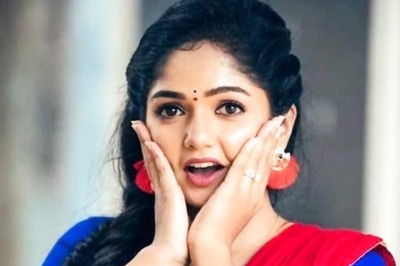

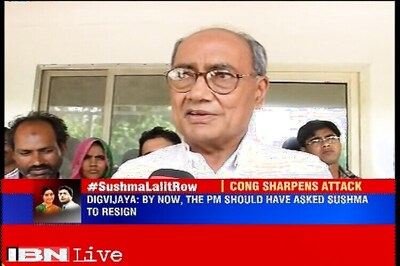



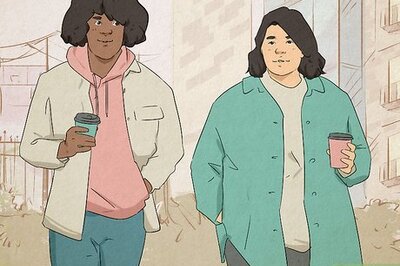
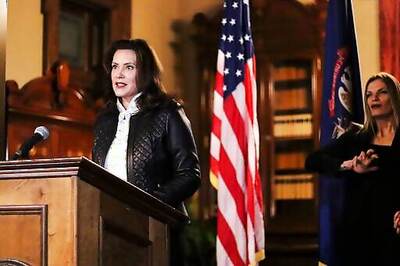

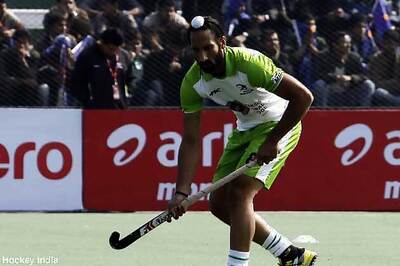
Comments
0 comment